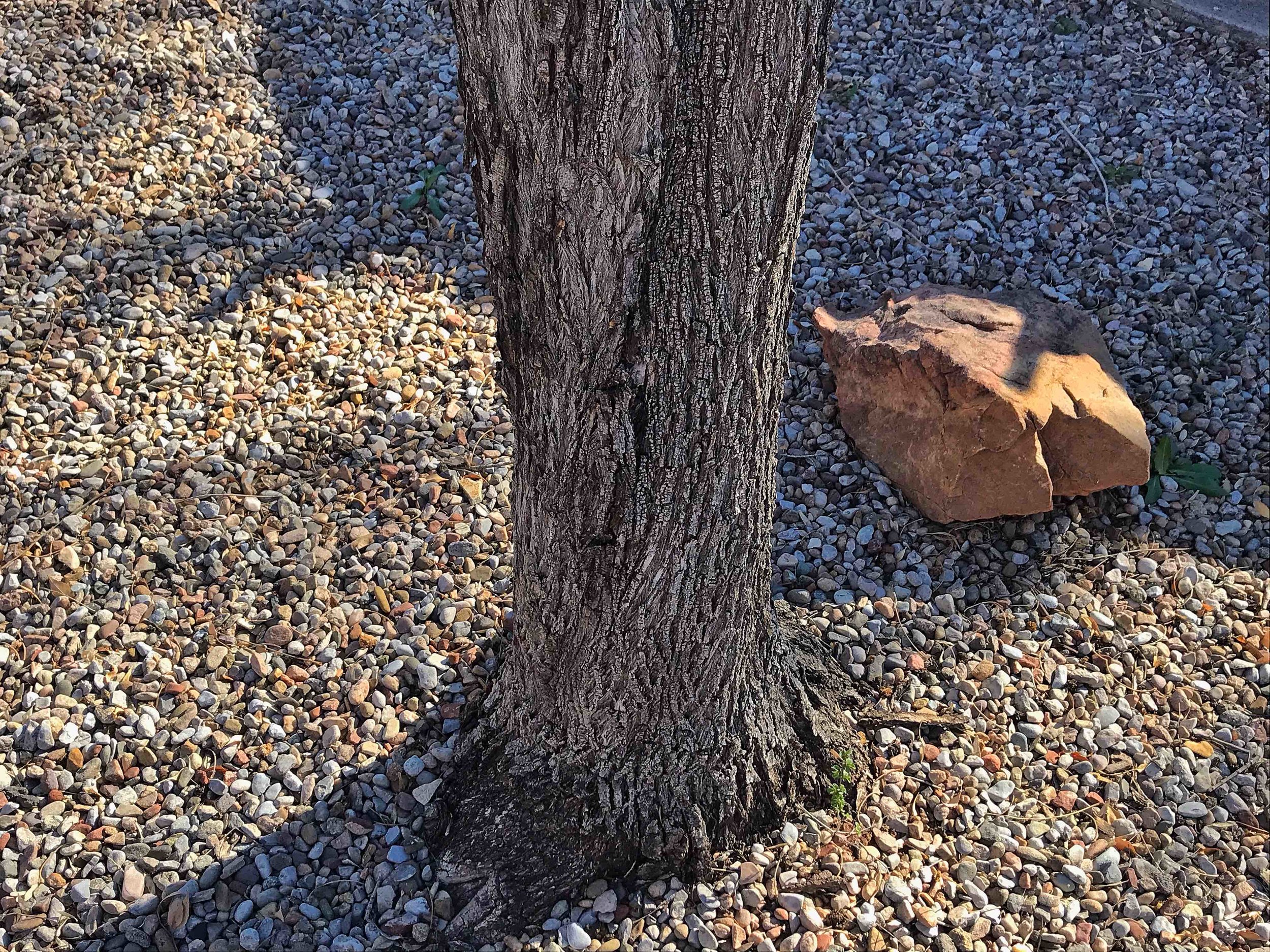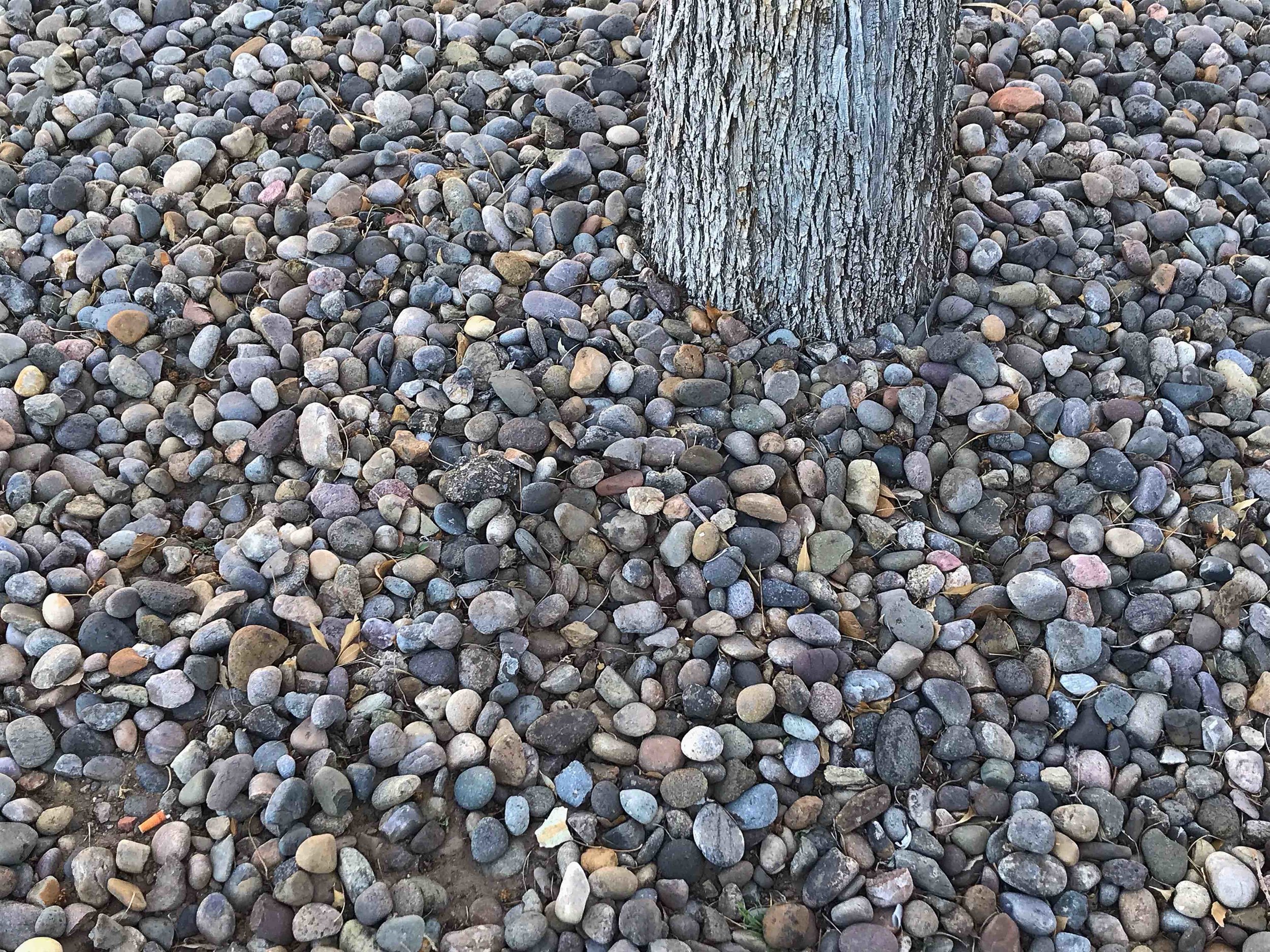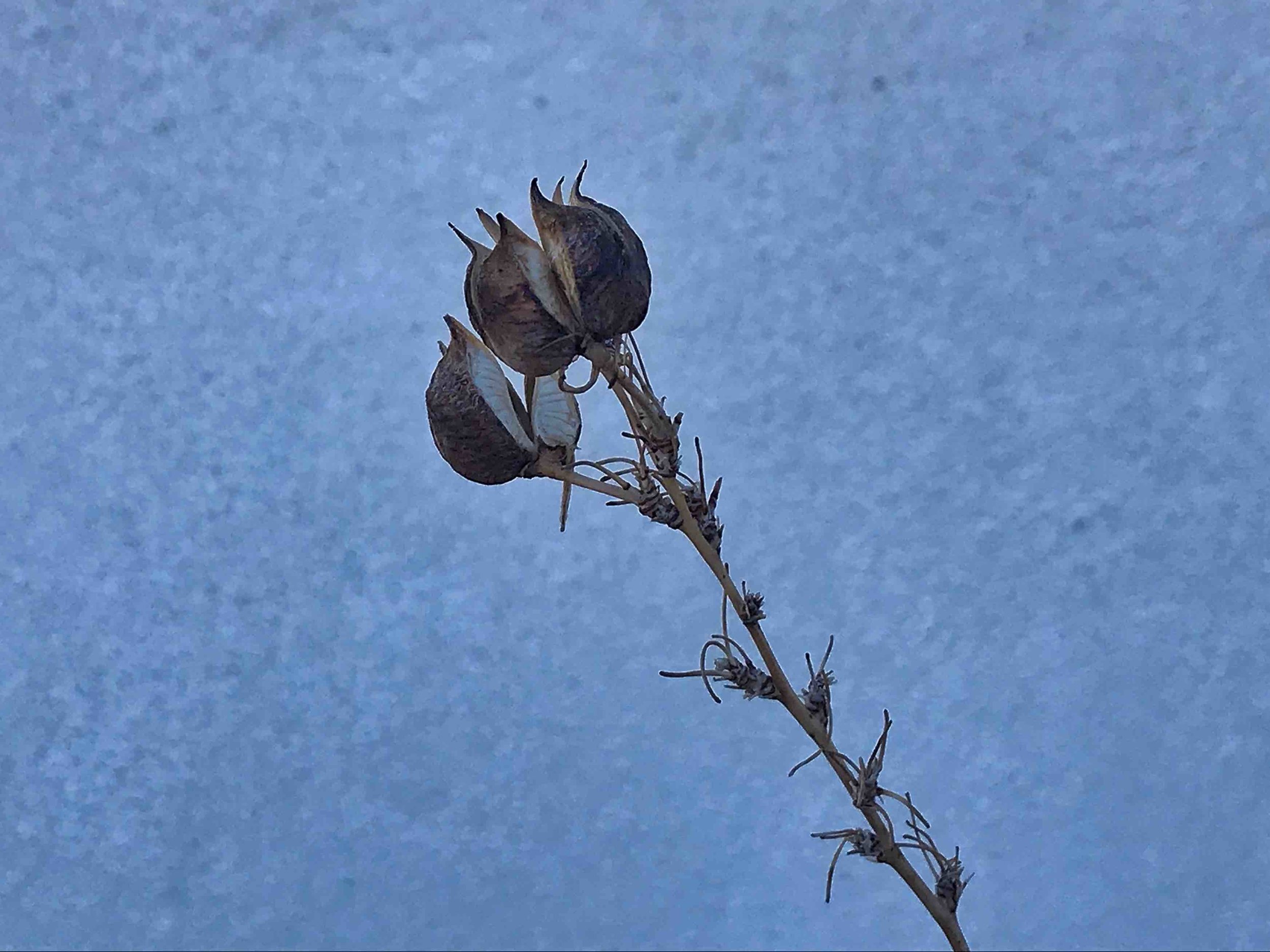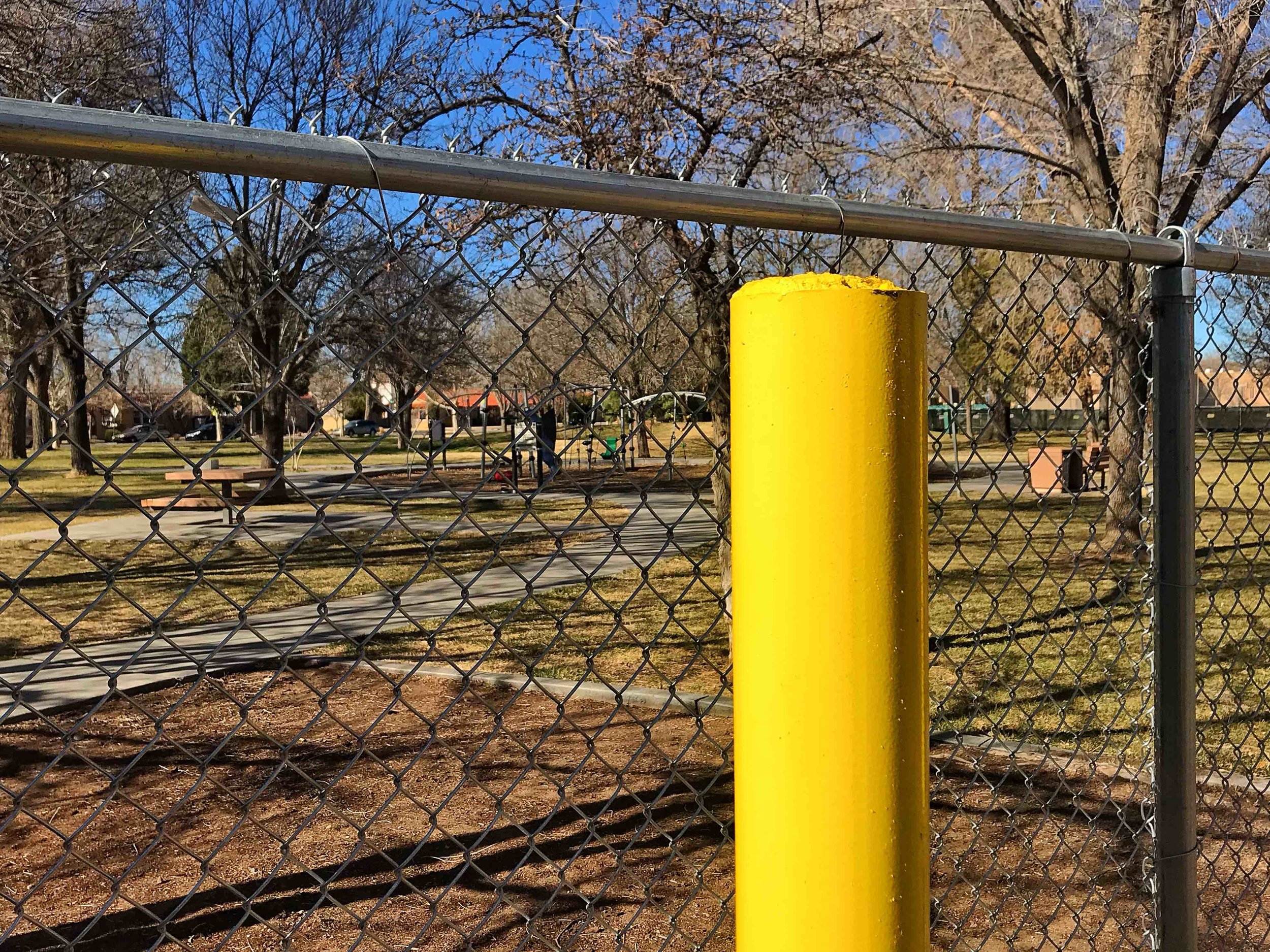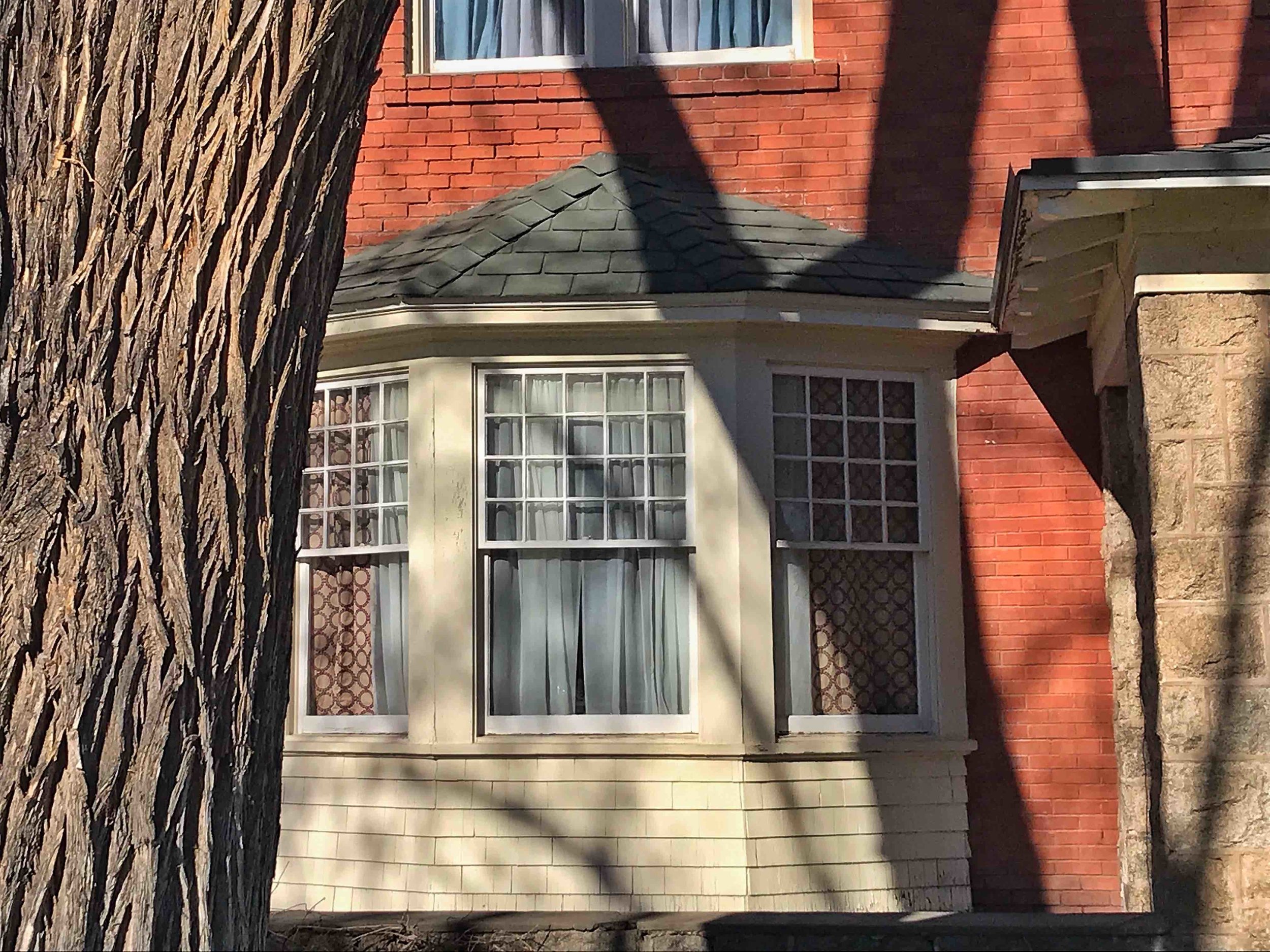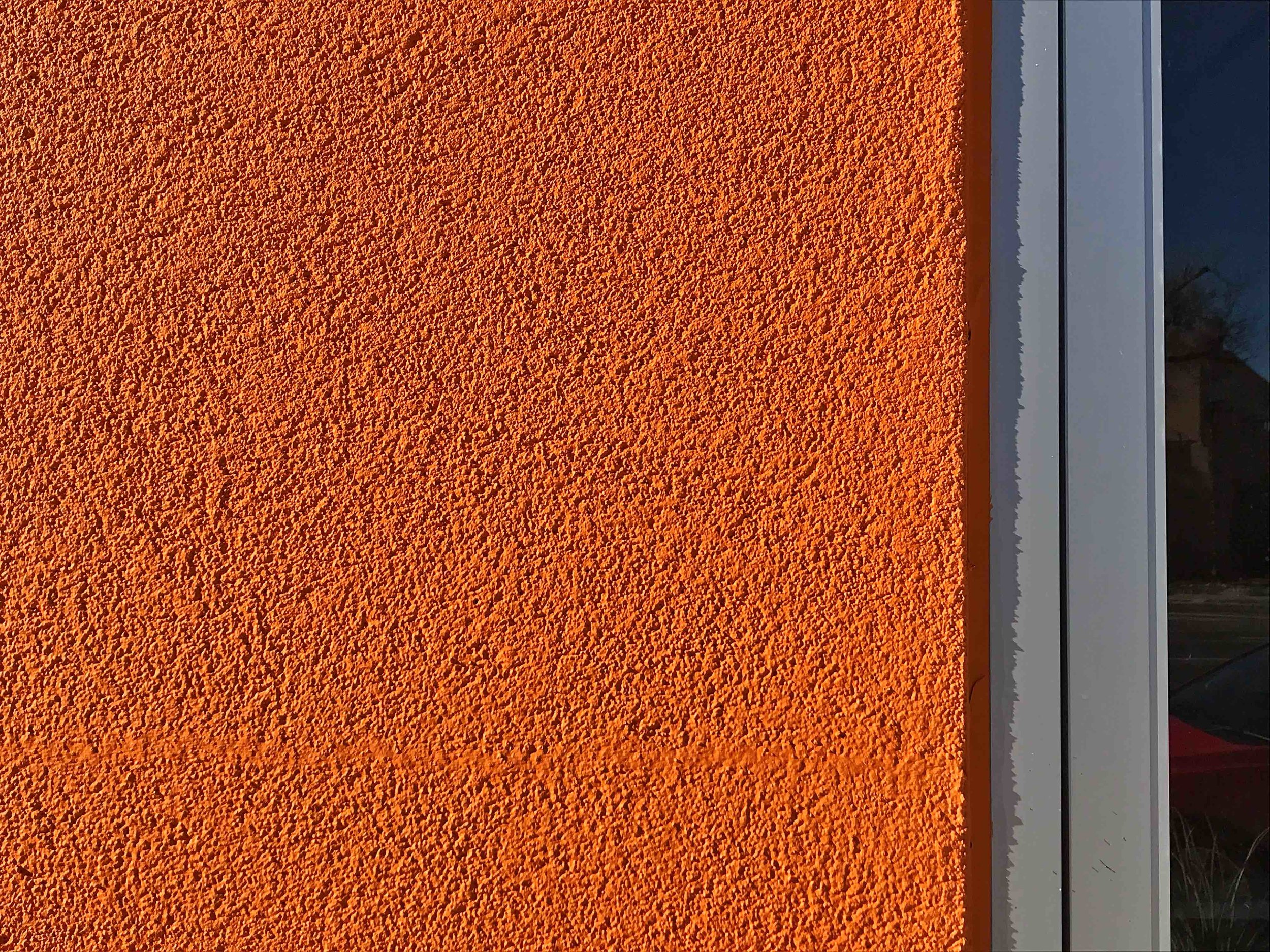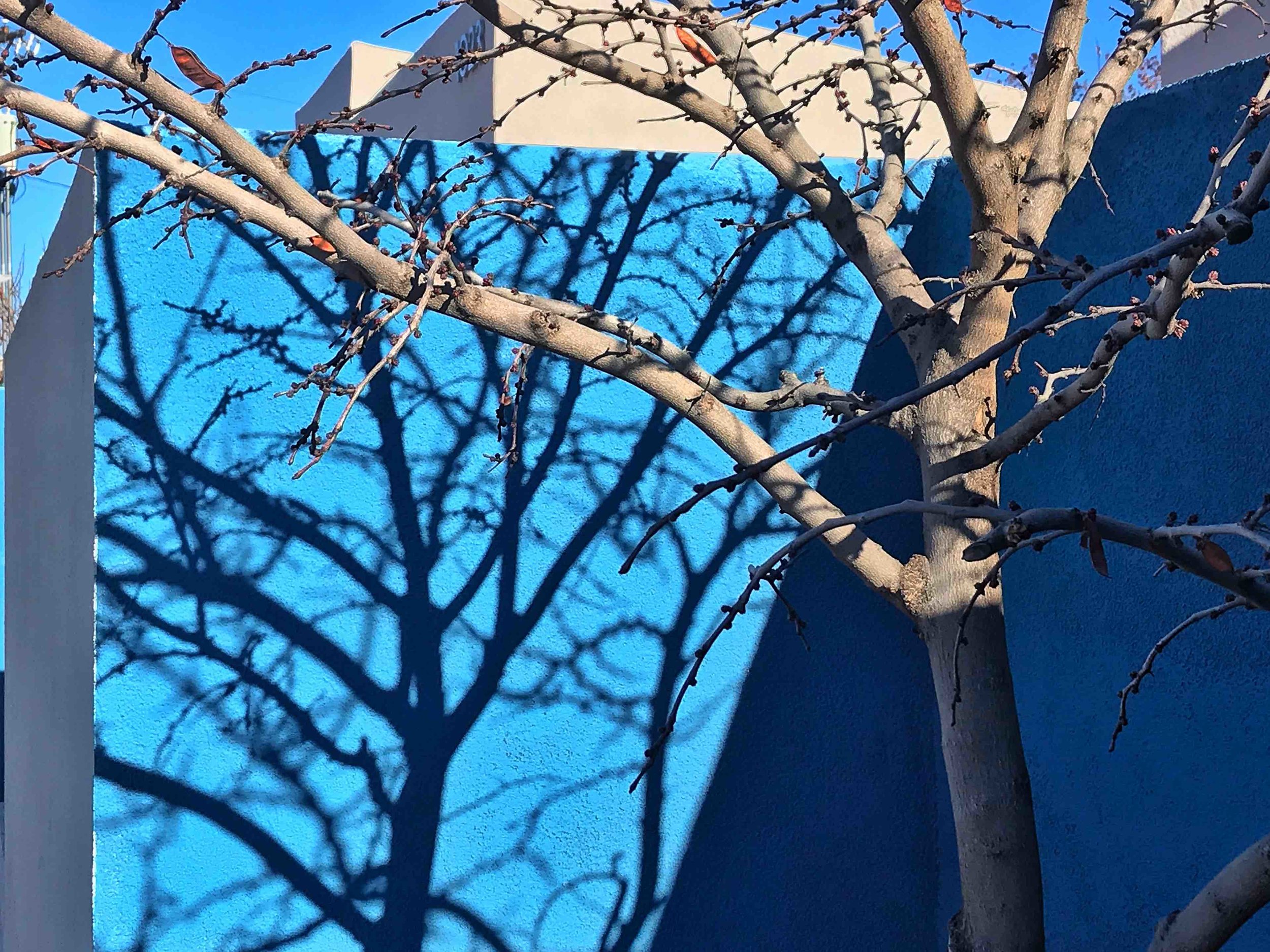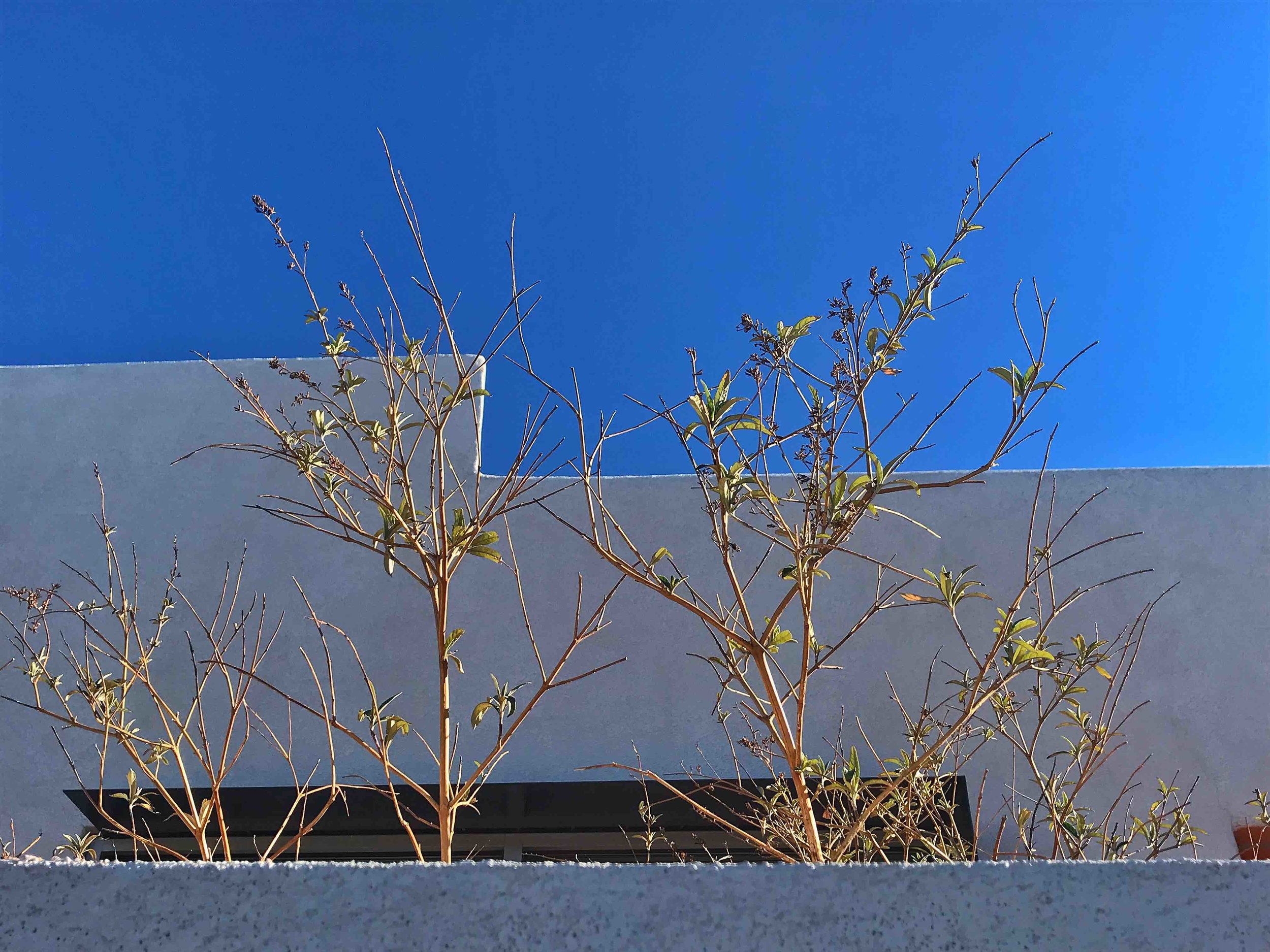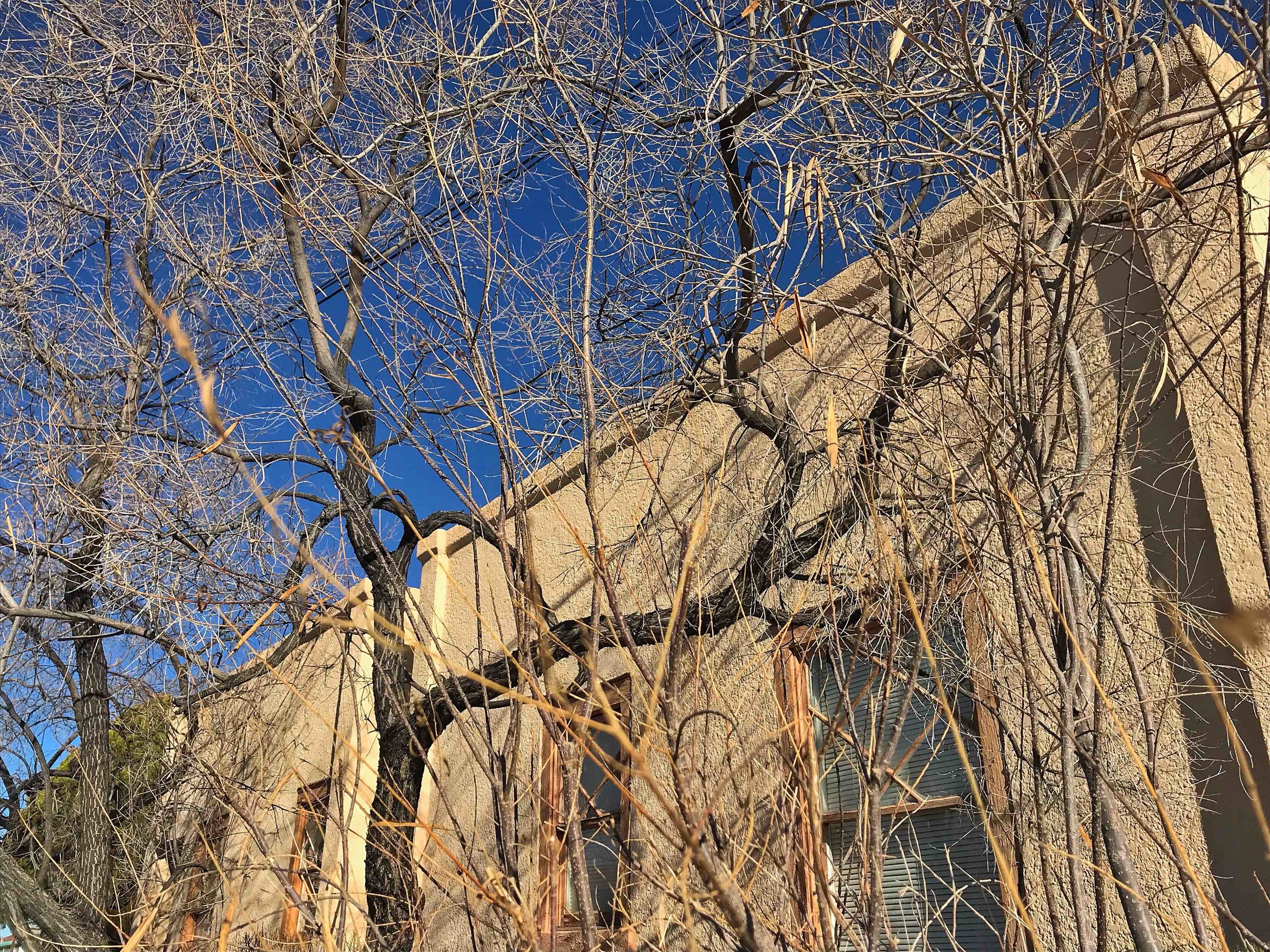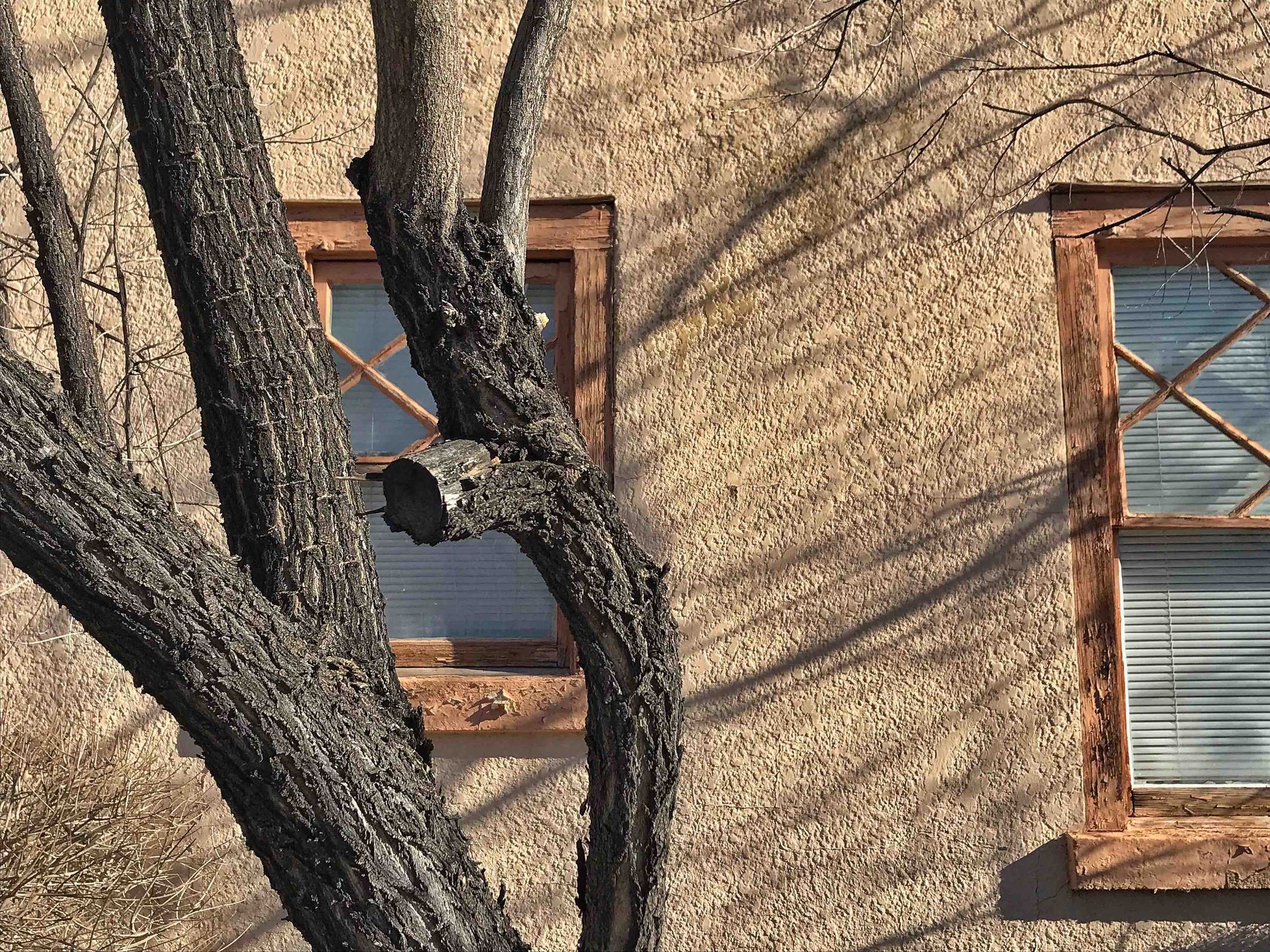I recently attended a conference in Albuquerque, New Mexico. It was my first visit to the city, which sits high in the mountain desert out in the American Southwest. I was busy teaching, and I didn’t see that much of the city. But on my first day, walking from my Airbnb in a residential neighborhood to a supermarket a few blocks away, I noticed how some of the gardens in front of the houses faintly resembled the famous Zen gardens of Japan. You know what I mean—rocks of varying sizes, arranged in attractive patterns that seem both formal and informal at the same time.
It’s easy to talk confidently about stuff you barely know. I do it every day. I like going on and on about Proto-Indo-European word roots, although I’ve never studied the subject in depth. I like saying I’m a Platonist (after the Greek philosopher of twenty-five centuries ago). I’ve only read one of Plato’s books, and I don’t remember a thing about it. But, hey, I’ve read Plato’s Wikipedia page! I like having opinions and letting them come out of my mind and mouth, and if my opinions bite me in the ass—well, my opinions are toothless. Their bite is more like a kiss. That’s right, my opinions can kiss my ass.
But I digress. I’m trying to say that I don’t know much about Zen. I’ve read books, I’ve sat on the floor, I’ve seen art exhibits of Zen calligraphy, I’ve actually visited the famous Zen gardens of Japan. But I’m not qualified to tell you “what Zen is.”
An ancient law says that, once you acknowledge your own ignorance, you can speak freely. You’ve stated that you’re going to speak subjectively, approximatively, maybe incoherently. It gives you a certain distance from the subject matter and from your own ignorance. You claim no authority, and strangely this gives you a little authority. Yay, Zen!
One morning in Albuquerque I decided to go out and look at the same neighborhood again, iPhone in hand. The skies were clear, the streets quiet. For those of us fond of pithy poetic symbolism, we’ll tell a sweet lie and say that Zen is “clear skies, quiet streets.”
Albuquerque being a mountain-and-desert city, it’s dry by birth. Trees and flowers and shrubbery are totally unlike what you see in wet-by-birth Tanganyika and Zanzibar. Gnarly white-barked trees that receive gusts of wind and blasts of sand from the desert. And rocks. Lots of rocks. In Albuquerque, a rock is considered a plant. (That’s a joke, of course. We know that, properly speaking, a rock is an animal.) If you’re in sync with the environment, with the nature of the place, with the way the place was born be it wet or dry, then you’re Zen.
If Nature is the mother of Zen, then Craft is its father. (As you know, I’m making it all up.) Homes, sidewalks, walls, street signs, patio furniture: I saw signs everywhere of human attentiveness and care, human skill, human love. The thing is, too much care kills Zen. It’s the paradox at the core of healthy life: think and don’t think, watch and don’t watch, nourish and let go. Up and down those city blocks I saw evidence of this balanced approach.
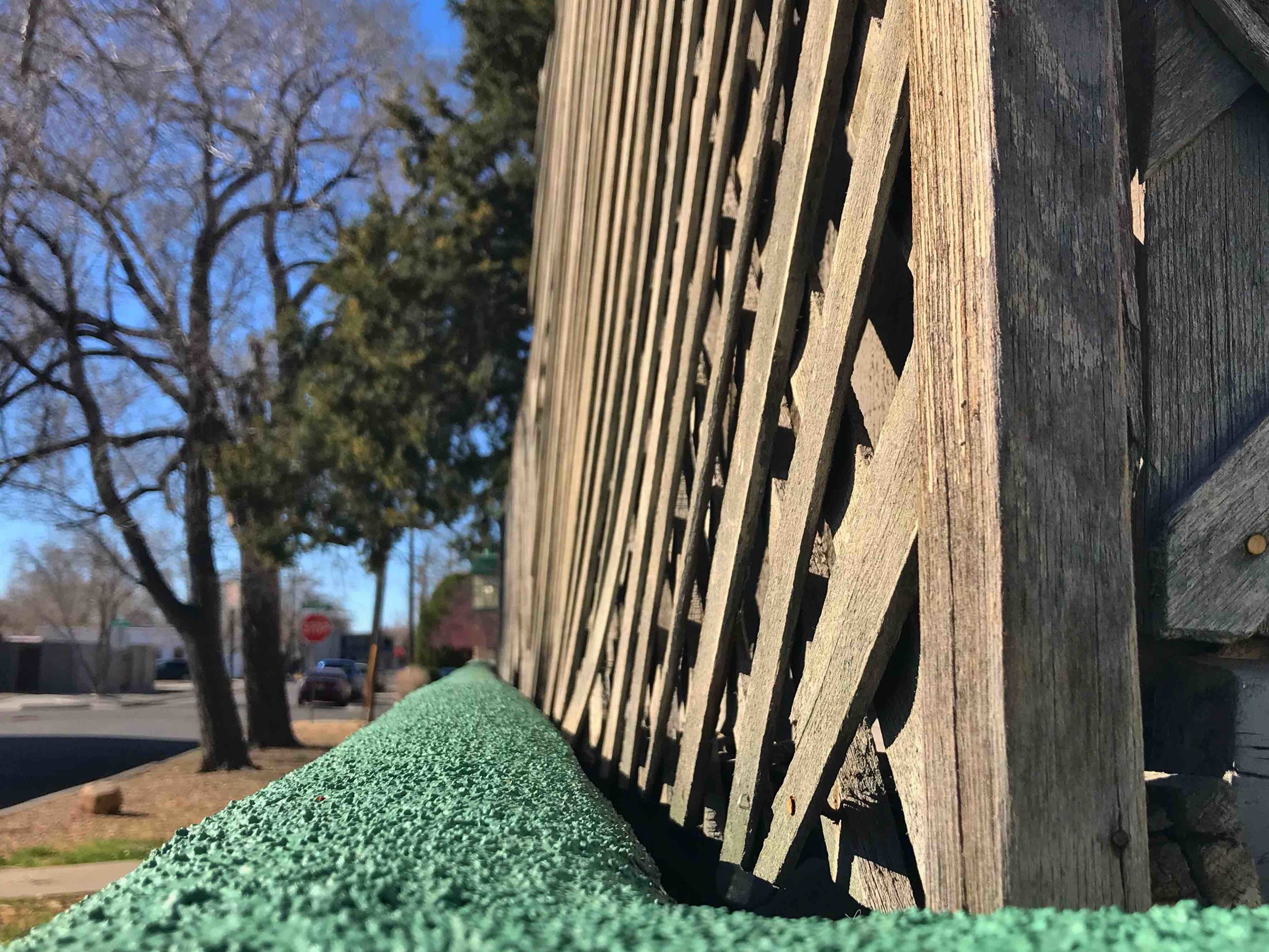
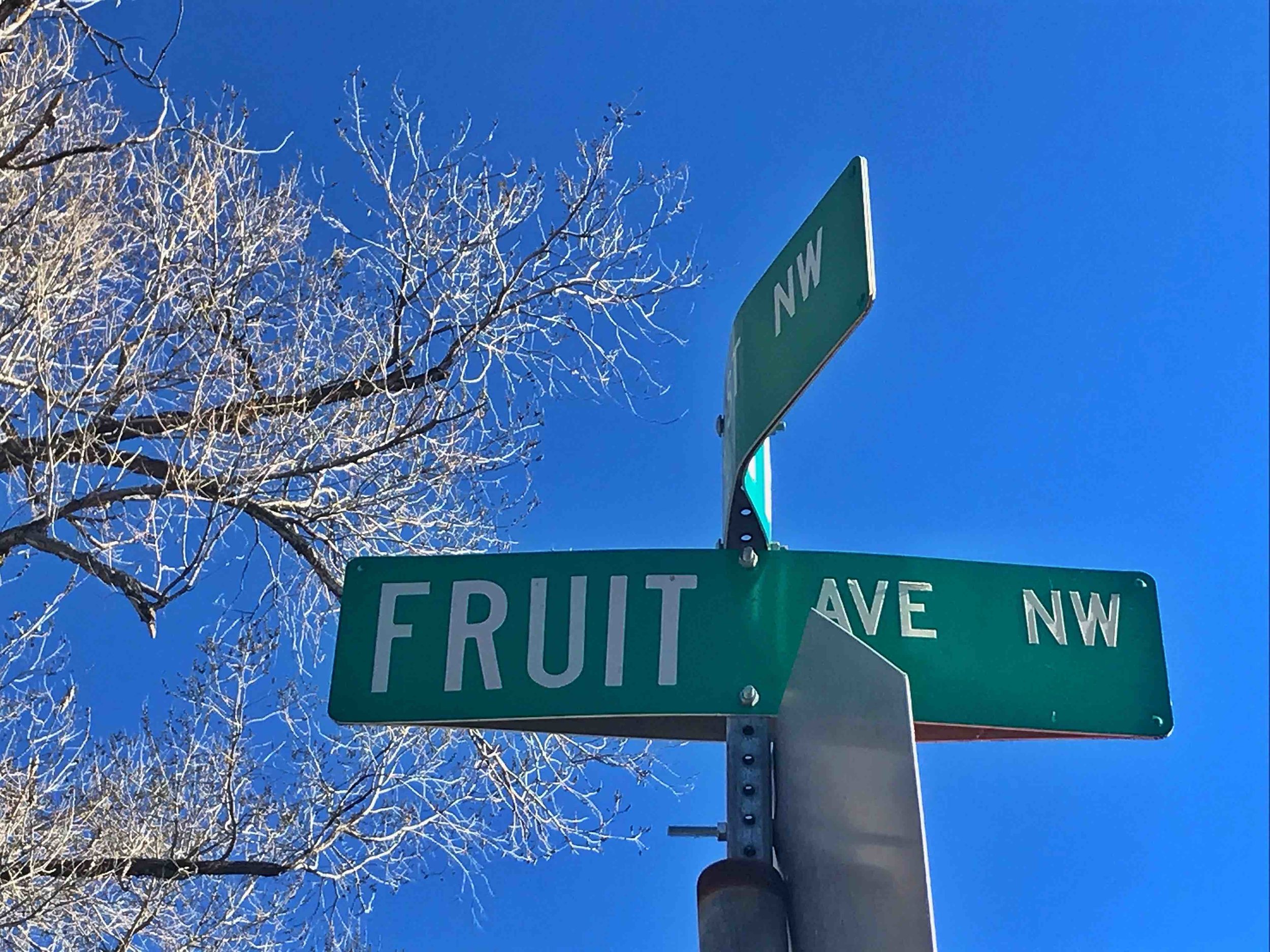
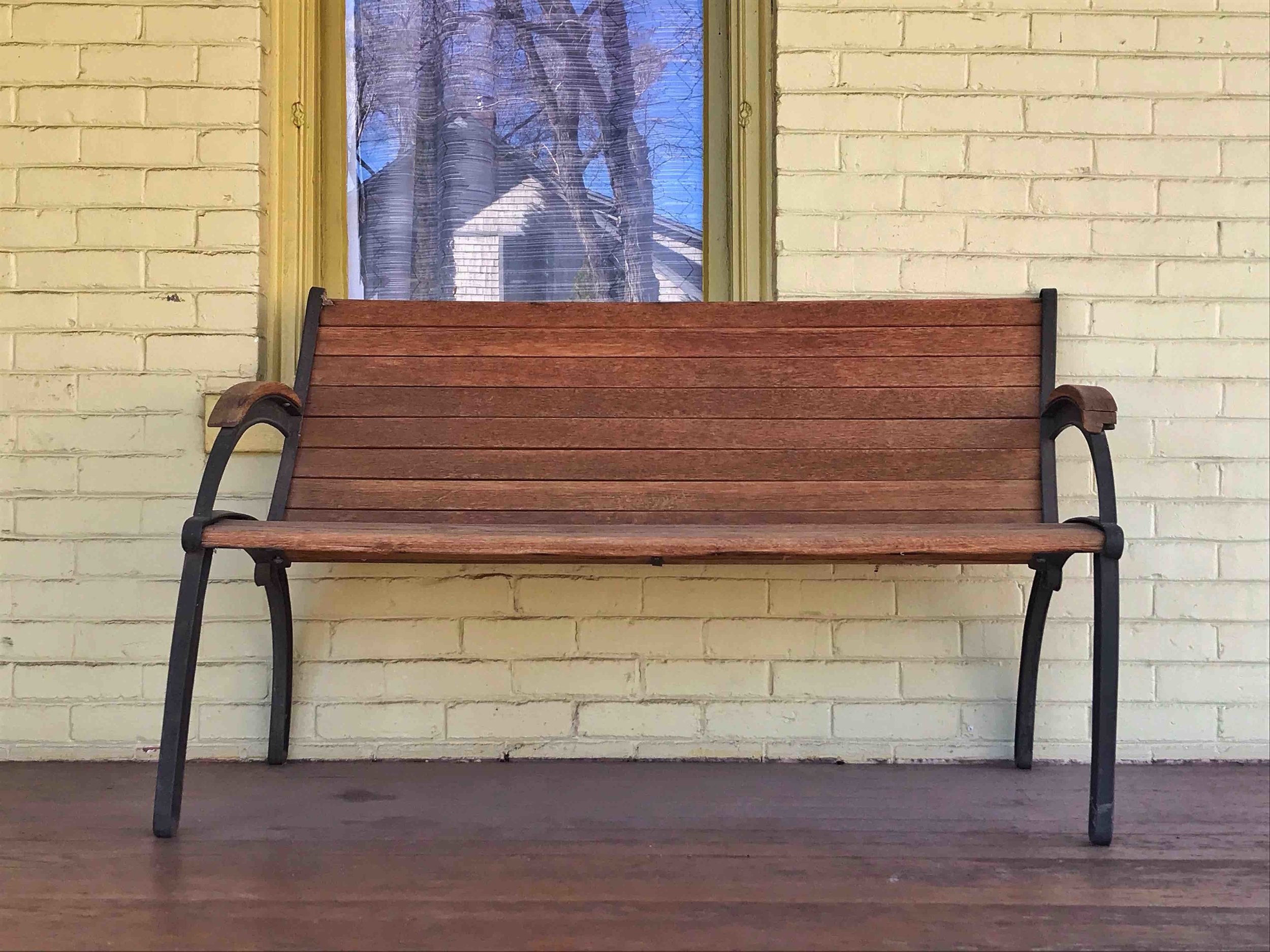
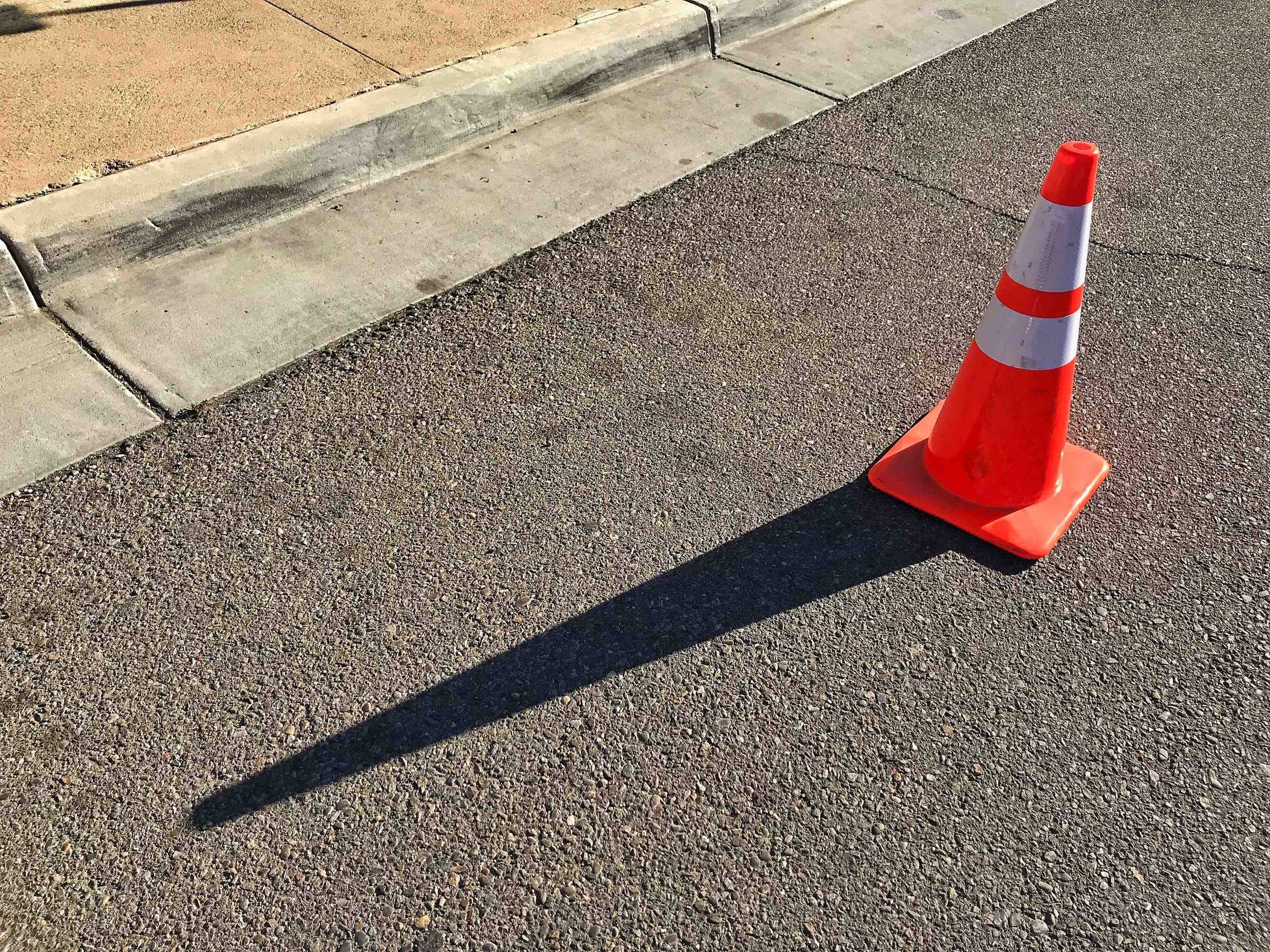
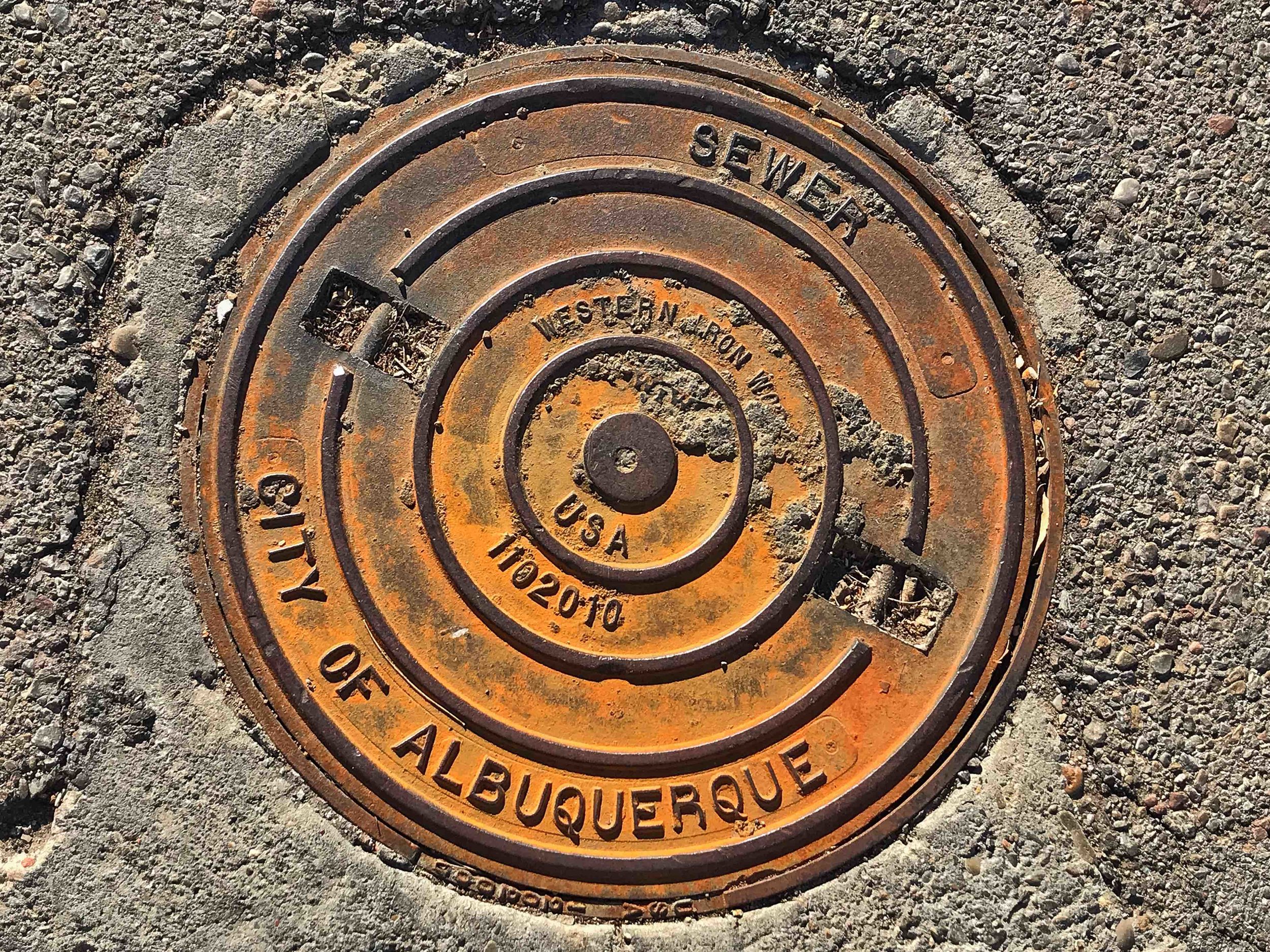
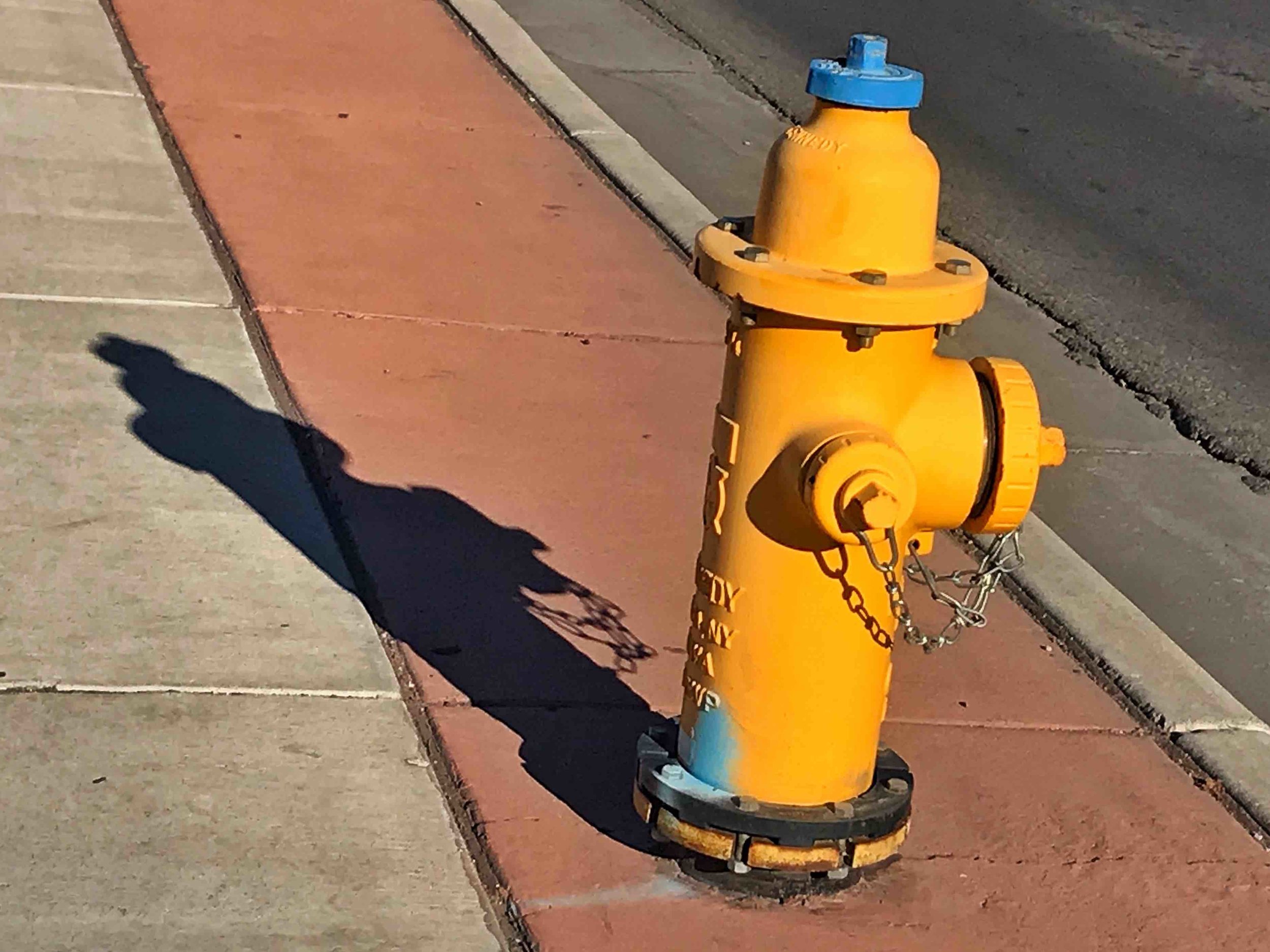
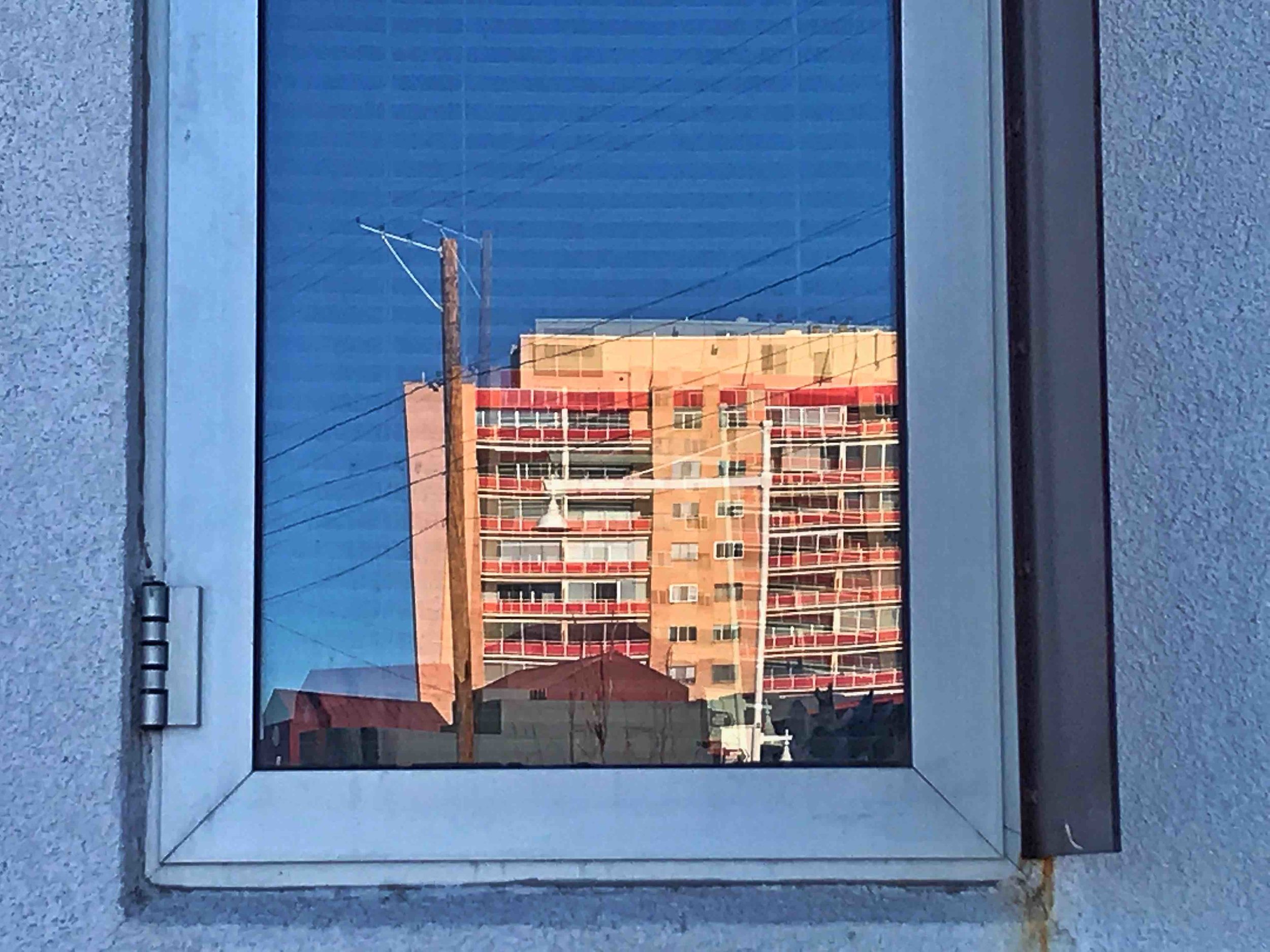
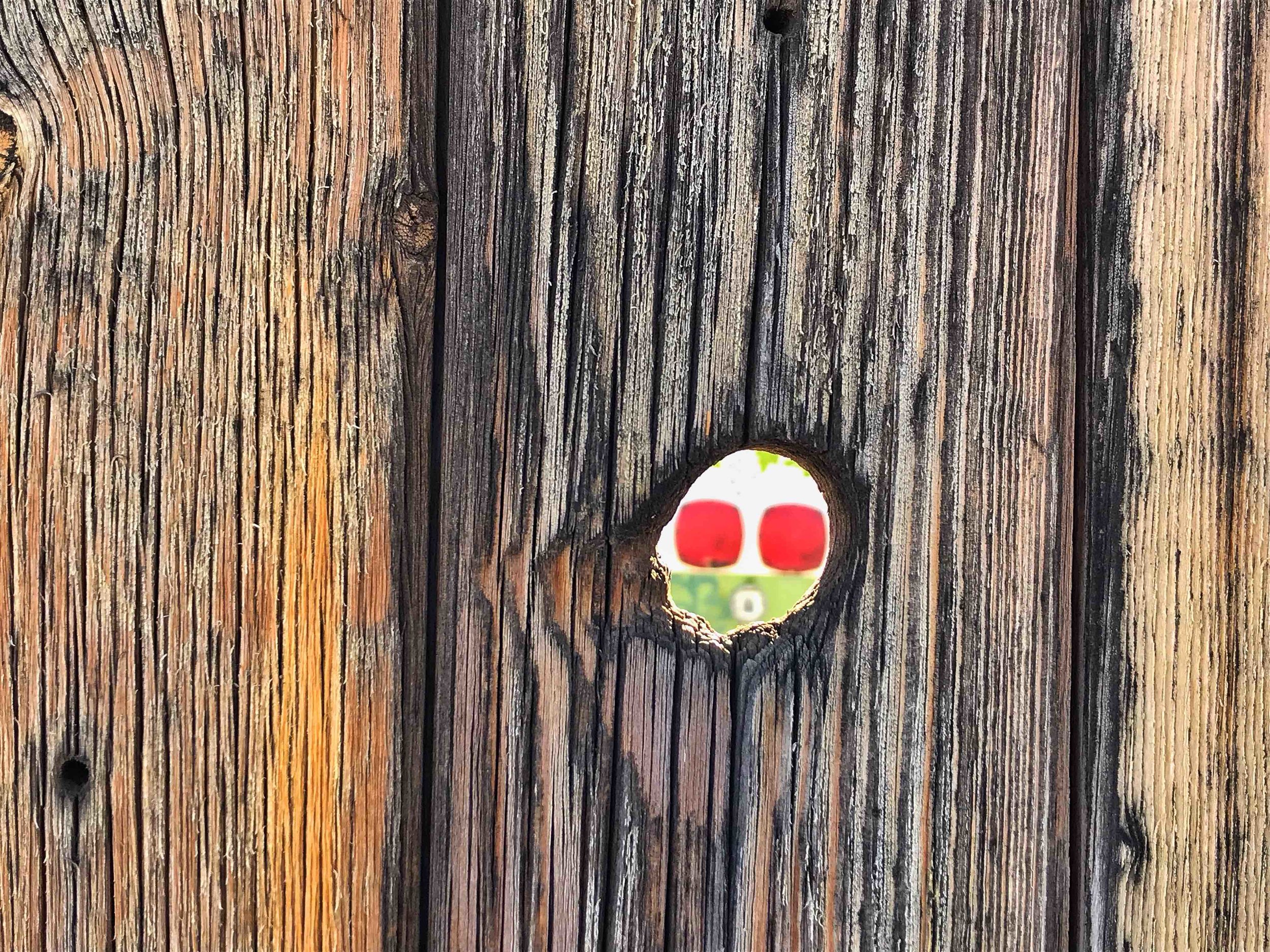
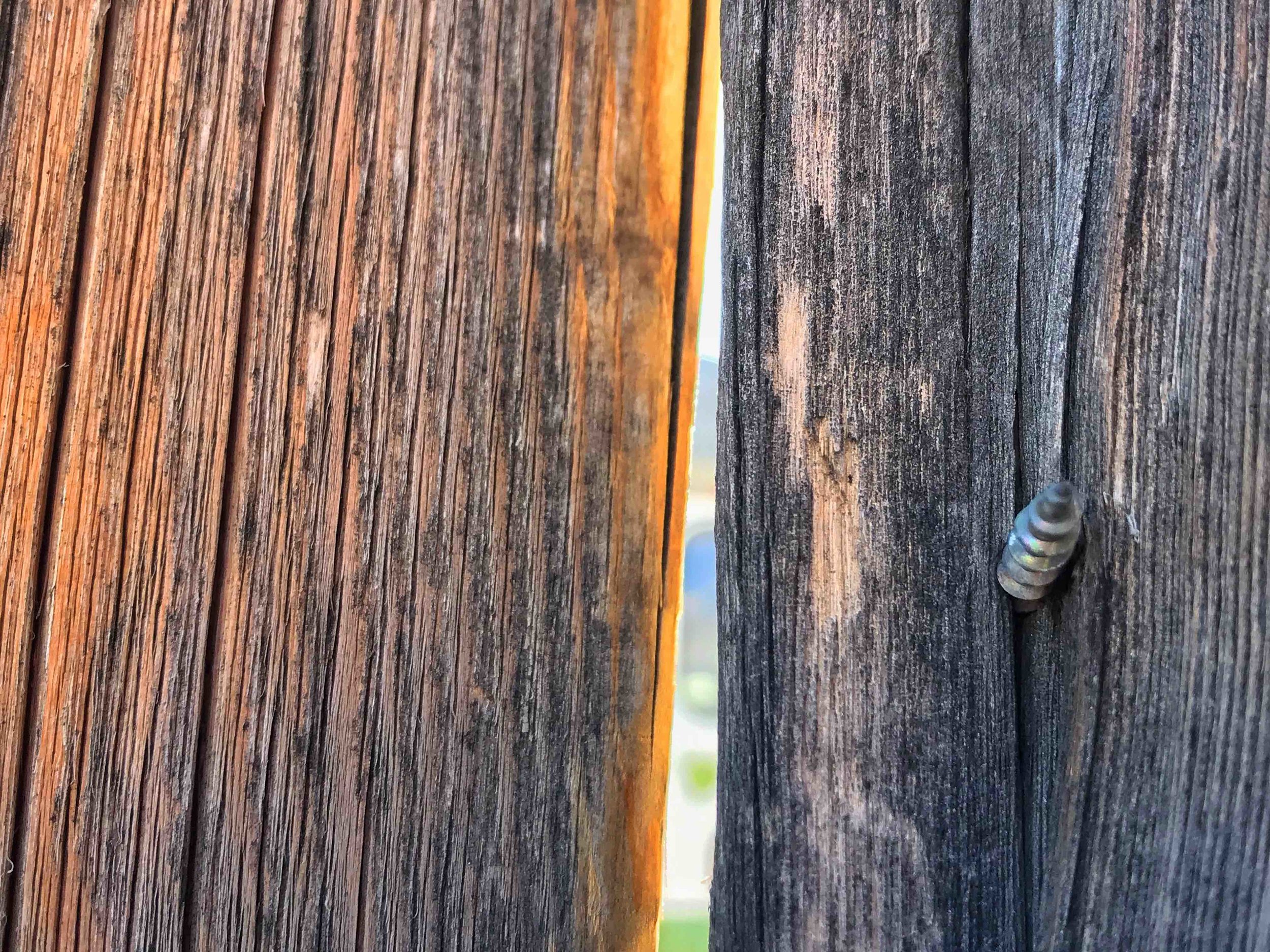
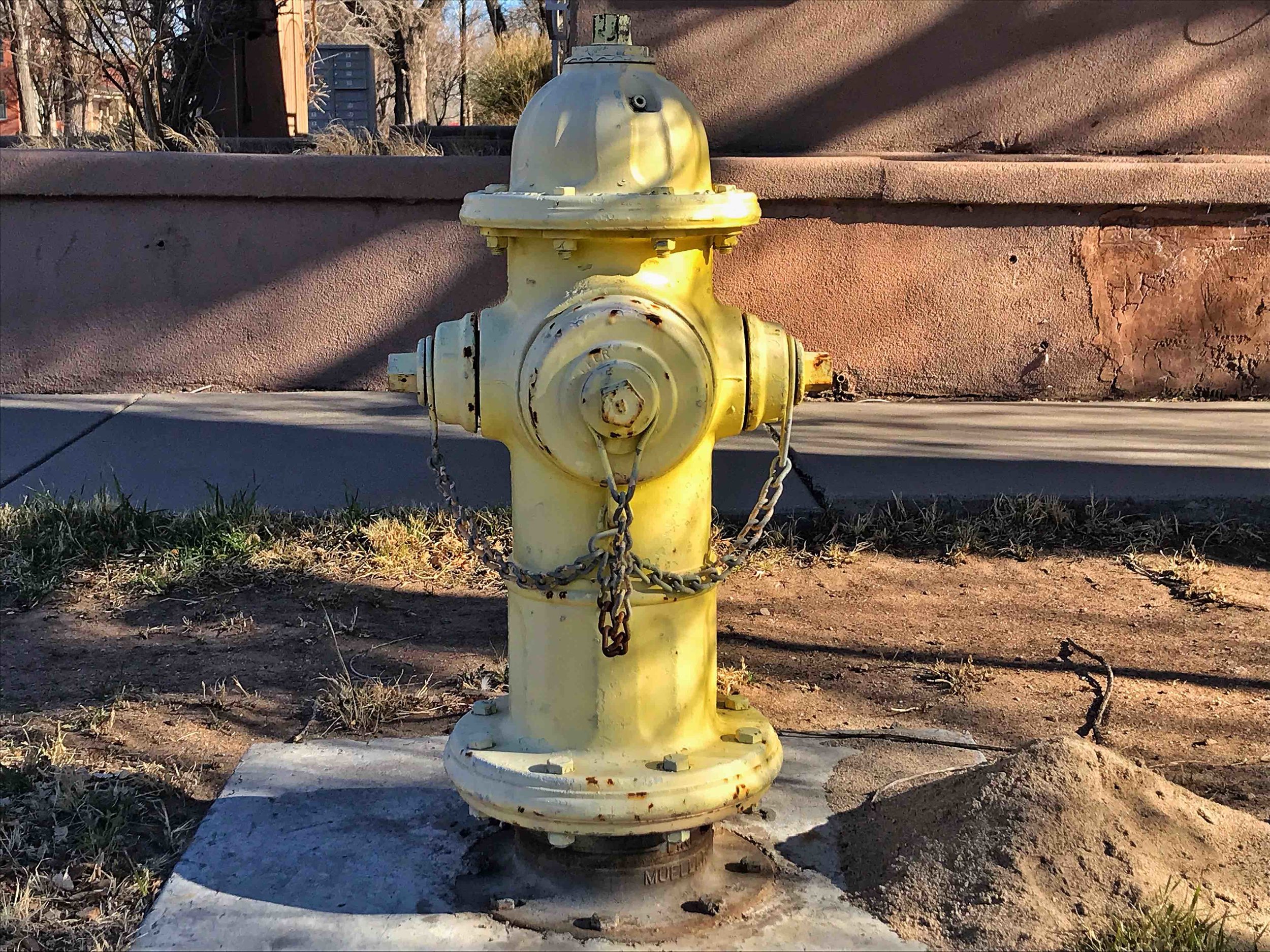
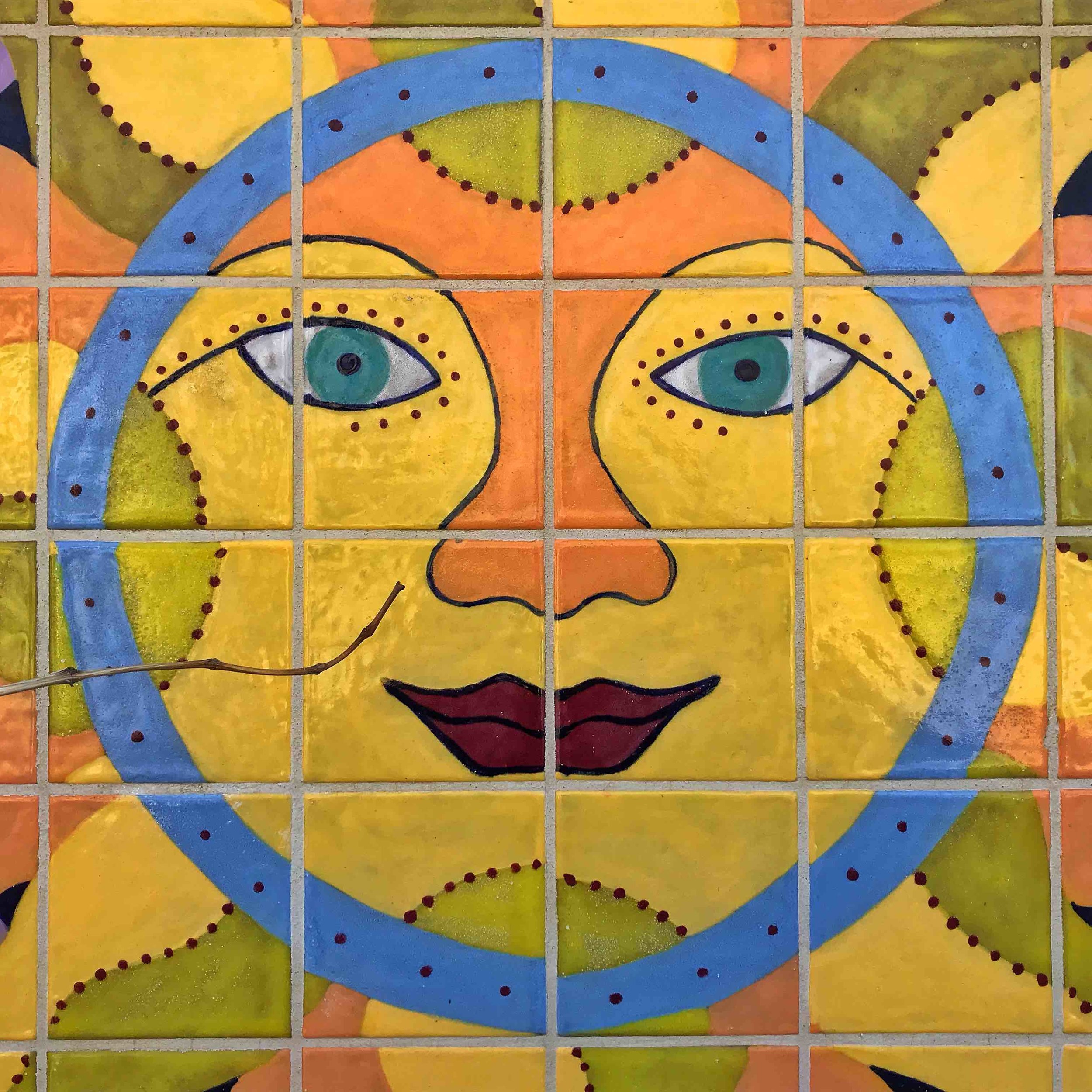
What happens when Nature and Craft intertwine? Nature shines herself on a canvas that Craft built, and on that canvas Nature projects forms, shapes, shadows that move and breathe. Trick question: How hard is Nature trying to create exquisite beauty? Let’s say that Zen is an intelligent answer to a dumb question.
There’s the thing, and there’s your perception of the thing. They may or may not be related. As we say in Amharic, ውበት በተመልካቹ ዓይን ውስጥ ነው (wibeti betemelikachu ‘ayini wisit’i newi). Google Translate helpfully tells us that this means “Beauty is in the eye of the beholder.” Is Zen a thing, or a perception of a thing? Before answering, we’d need to find out whether this is an actual question. Let’s give a non-answer to this maybe-question. On Saturday, March 9 2019, starting at 8 AM and for about one hour, I went up and down seven city blocks in Albuquerque, New Mexico, taking snapshots quickly and without too much calculation. It felt good.
©2019, Pedro de Alcantara
